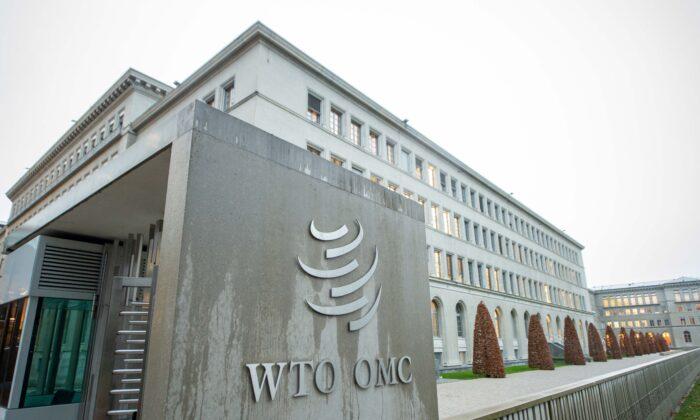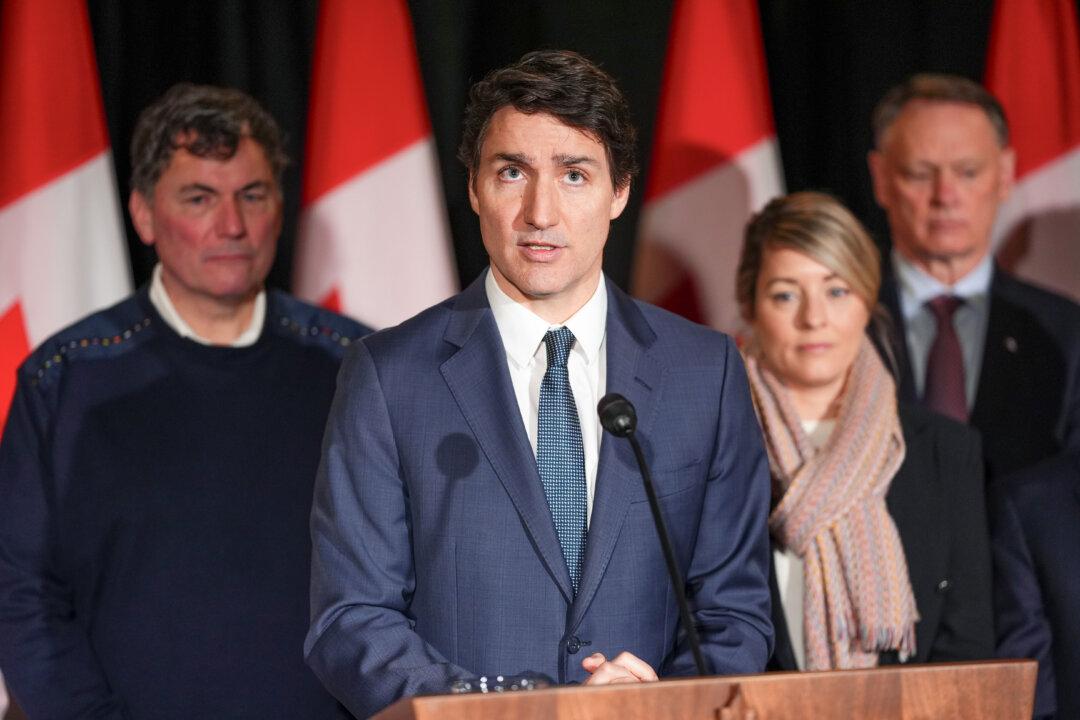China on June 15 dropped its landmark World Trade Organisation (WTO) dispute aimed at forcing the European Union to recognize it as a market economy in trade investigations.
The WTO is a collection of 160 countries that cooperate on international trade matters under negotiated rules, and is overseen by an administrative system based in Brussels, Belgium.
The United States and the EU said Chinese goods—especially commodities such as steel and aluminum—were still heavily underpriced because of subsidies and state-backed oversupply, giving Chinese exporters an unfair advantage.
The row had become an explosive issue for the United States, with President Donald Trump threatening to quit the WTO if the organization did not “shape up.”
One trade official close to the case told Reuters that so much of the ruling had gone against Beijing that it had opted to pull the plug before the result became official.
“They lost so much that they didn’t even want the world to see the panel’s reasoning,” the official said.
Without a WTO ruling in Beijing’s favor, the EU and the United States can keep imposing higher duties on cheap or “dumped” imports from China on a case-by-case basis while disregarding its claim that they are fairly priced.
On the same day that China allowed the dispute to lapse, the EU announced an unprecedented attempt to block Beijing’s subsidies to exporters. The 27-nation bloc will also unveil a proposal this week to protect European companies from Chinese takeovers.





